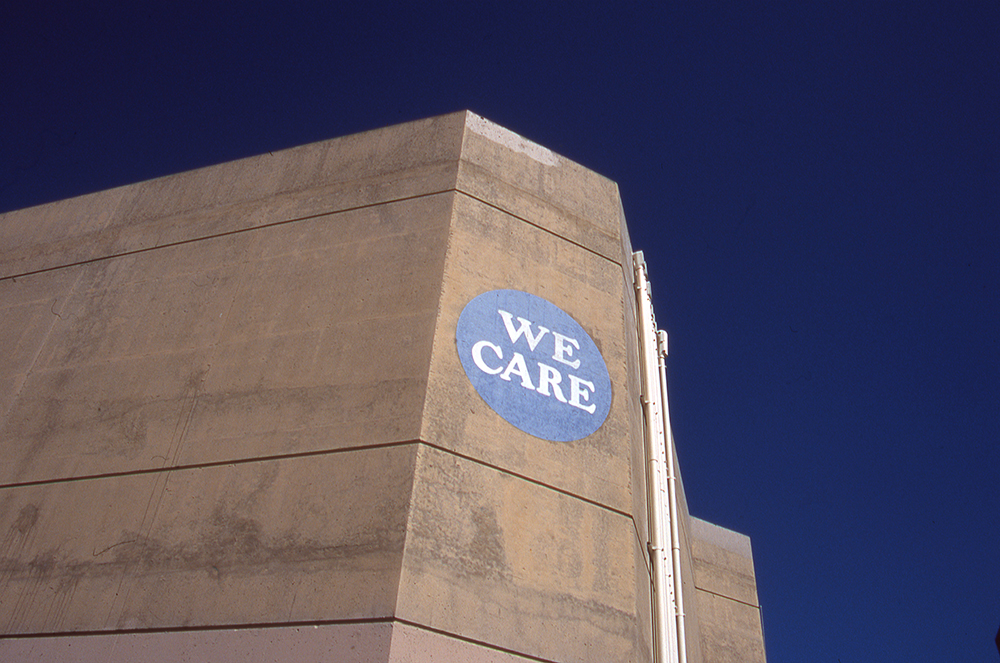The story of disgraced former Silicon-valley success story Elizabeth Holmes is a modern-day parable, warning us exactly what can happen when greed, deception, and idealism get in the way of genuine progress.
As CEO and founder of US blood-testing startup Theranos, Elizabeth Holmes tricked not only investors, but journalists, and by extension, the public. Her large-scale, billion-dollar deception was propelled forward by glowing articles in major media outlets that helped win the confidence of huge investors.
She lied to serious reporters, including former Fortune journalist Roger Parloff, who wrote a major cover story on the business in June 2014. Elizabeth has since admitted that the article’s claim that Theranos “offers more than 200 — and is ramping up to offer more than 1,000 — of the most commonly ordered blood diagnostic tests, all without the need for a syringe” was false.
Elizabeth clearly understood the power of PR, and was willing to lie to journalists to achieve great coverage. She was good at it, too. As Roger Parloff told ABC News at the time: “I got caught up in this woman’s story… I began to drink the Kool-Aid. … I think I asked the right questions. I just got the wrong answers.”
During my studies, I was taught that PR was similar to being a lawyer: everyone deserves representation. Reports like the Comms Declare and Clean Creatives’ The F-List 2021: 90 Ad and PR Companies Working for the Fossil Fuel Industry show that there are a lot of agencies willing to work for less-than-positive forces in our world.
PR has the power to put lipstick on a pig and make the guilty appear innocent. Greenwashing, overstating claims, omitting key facts, remediating an image without remediating the offence, promoting harmful products, yogababble: pick your poison.

These techniques are Elizabeth Homes’ chosen style of PR. It’s easy to get sucked into the addictive cycle of positive coverage, without stopping to consider the long-term ramifications of constantly twisting the truth. If her story has taught us anything, it’s that this strategy can only work for so long.
For those of us in PR who work in issues management and crisis comms, the weight of responsibility is great. Hiding dodgy behaviour, glossing over shameful practice, downplaying poor behaviour – it’s almost expected of our profession. But as an industry, we need to do better.
We need to scrutinise, we need to question, and we need to research. We need to take long, hard looks into new and existing clients: do they have a history of ripping people off? Where’s the evidence to back up what they’re saying?
Of course, PR, marketing, and ad agencies are not forensic accountants or professional investigators. TBWA\Chiat\Day were persuaded into signing a $6 million dollar contract with Elizabeth Holmes’ Theranos, and only realised the falseness of the claims they were selling far too late.
I also was stung once. We gave publicity to a new business, without realising the founder had ripped people off in an earlier business. He ended up ripping us off too. Worse is the hindsight-based knowledge that we helped attract attention to a dishonest, unethical operator.
We did our research at the initial stages – including speaking to other businesses he had dealings with – and only found strong, legitimate proof points and background. While he was no Bernie Madoff, I still hate that I brought some positive attention his way.
Like Theranos, sometimes dark revelations, red flags, or even little niggling concerns take time to be found. But if more of us swallowed our pride and took action the moment we start to have concerns, then there would be fewer Nuix meltdowns, Wirecard frauds, WeWork IPO failures, and Freedom Foods accounting scandals. We also need to be prepared to adjust the balance sheet for the sake of doing what is right.
It’s always best to avoid clients showing concerning behaviours and culture in the first place, but even if you don’t catch it immediately, clients always can be dumped. In the case of the not-quite Bernie Madoff, we risked our reputation with the media by having the coverage pulled.
You’d think it would feel satisfying to decline representing businesses and individuals that don’t value transparency or want their reputation changed without changing their behaviour – but it’s not. Because I know that another agency will snap them up, and history shows there are plenty that will be happy to look the other way.
The media can help keep us honest. We should all be grateful for those in the Fourth Estate who dedicate their lives to uncovering the Elizabeth Holmes’ of the world. Take Adele Ferguson’s book Banking Bad (one of my holiday reads), or any of our other great investigative reporters like Kate McClymont, Mario Christodoulou, Wendy Bacon, Dan McCrum’s Wirecard investigative reporting, or the journalists who exposed the Panama Papers and Pandora Papers. Without these kinds of reporters, the likes of Theranos and Dr Daniel Lanzer would still be in business.
As an industry, we are the gatekeepers and the megaphones behind the media. We need to accept responsibility for our roles in promoting honesty and good practice. It’s not enough to hide behind the clause we all have in our contracts that the client is responsible for the truth and accuracy of the information they give us. We need to demand transparency, question, and use our influence to make sure we never promote harmful practice. If not, Elizabeth Holmes won’t be the exception – her story will become the rule.

